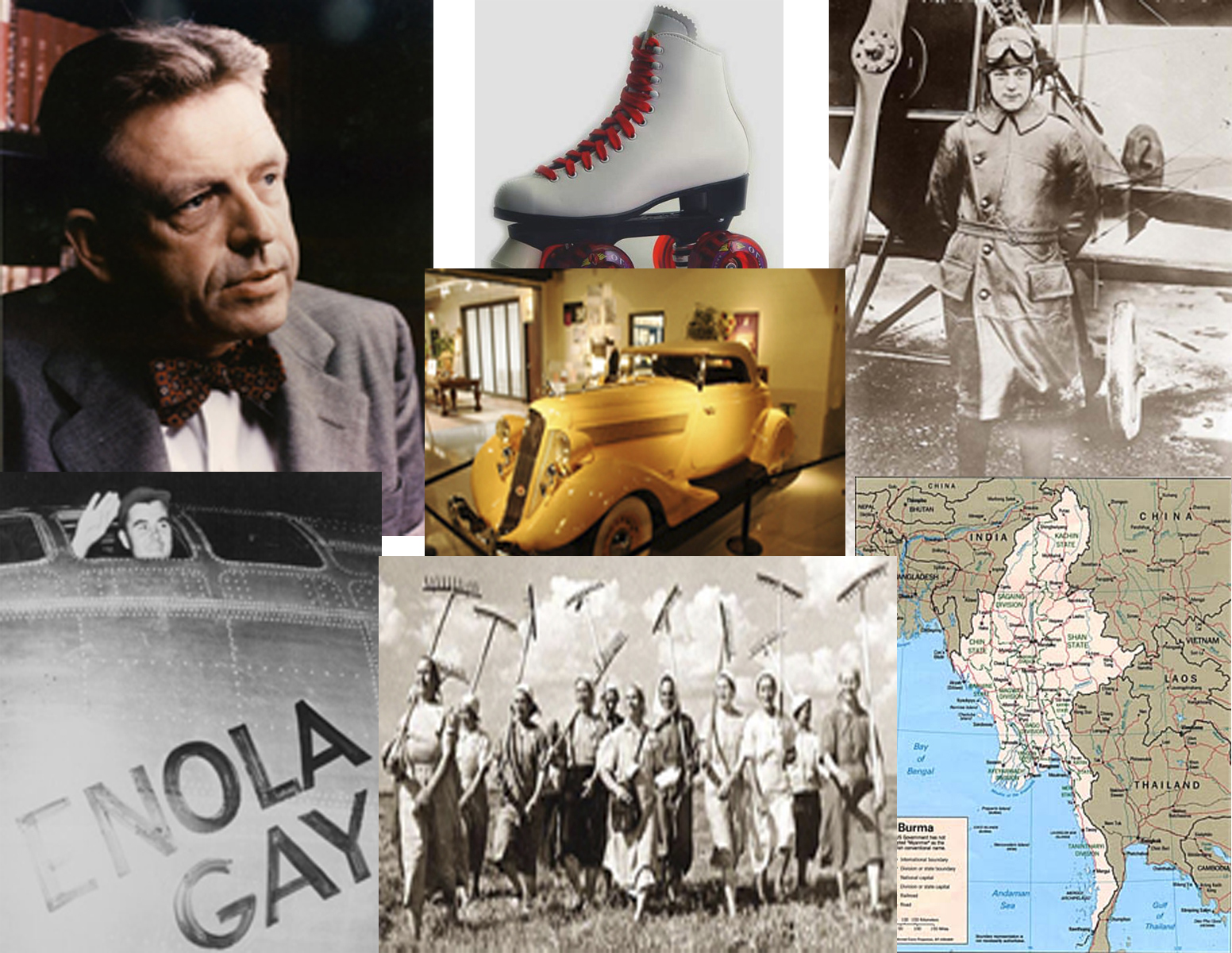1. Whiting, Indiana: Generational Memory, 1991-1993 88 Interviews
Indiana University Center for the Study of History and Memory
This collection of interviews primarily delves into the Republican view of Indiana politics from the nineteen twenties to the early nineteen sixties. Major emphasis is placed on both state and national elections and conventions from 1940-1948. The project contains discussions of political campaigns (including finances), the patronage system, and legislation battles. The interviews also reflect on William Jenner by describing his character, beliefs, and influence on Republican politics in Indiana.

